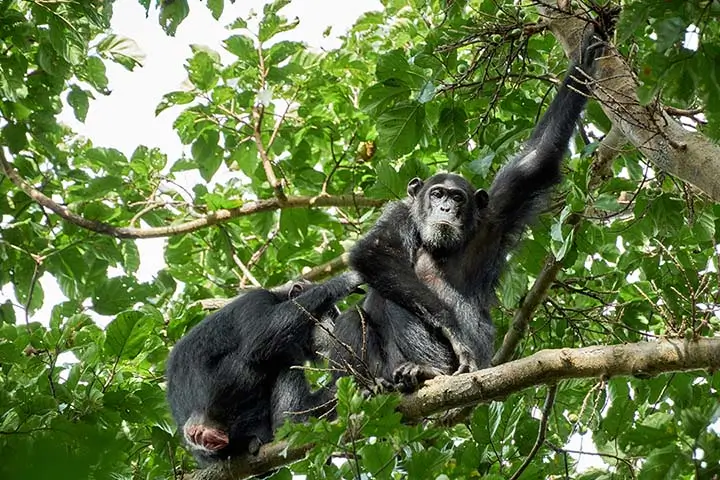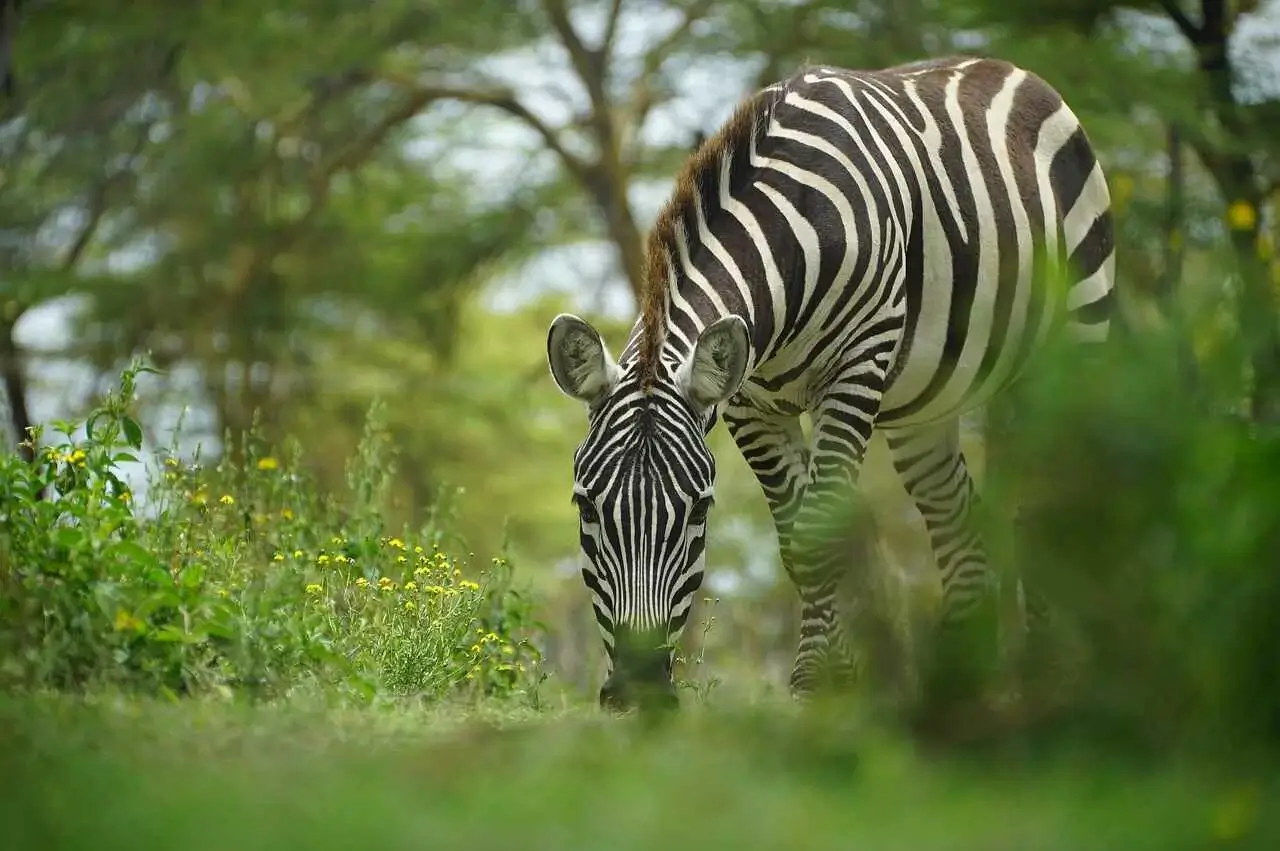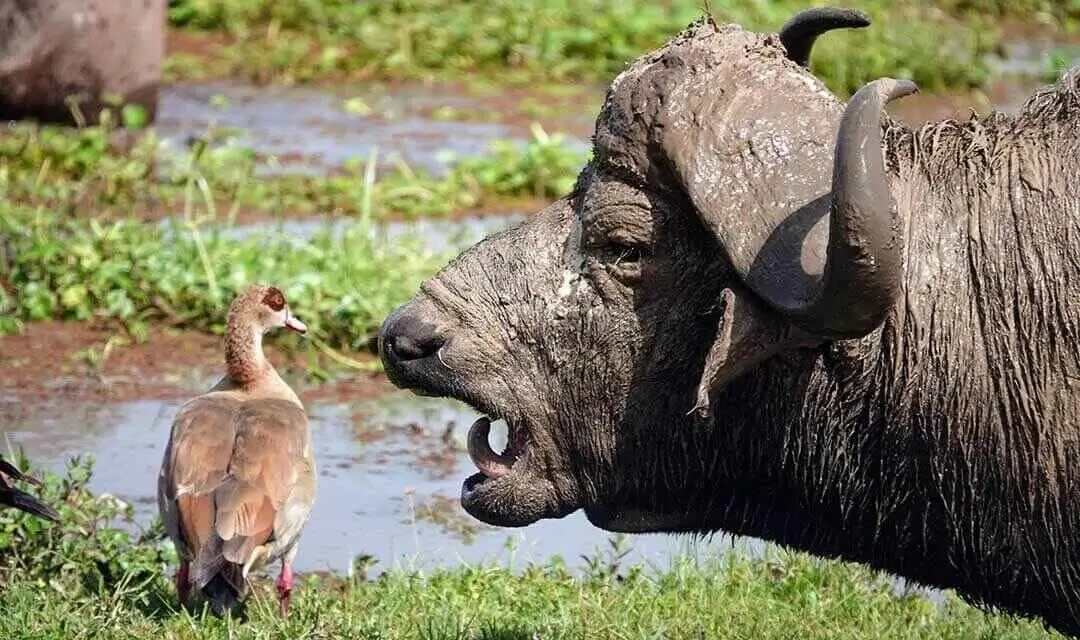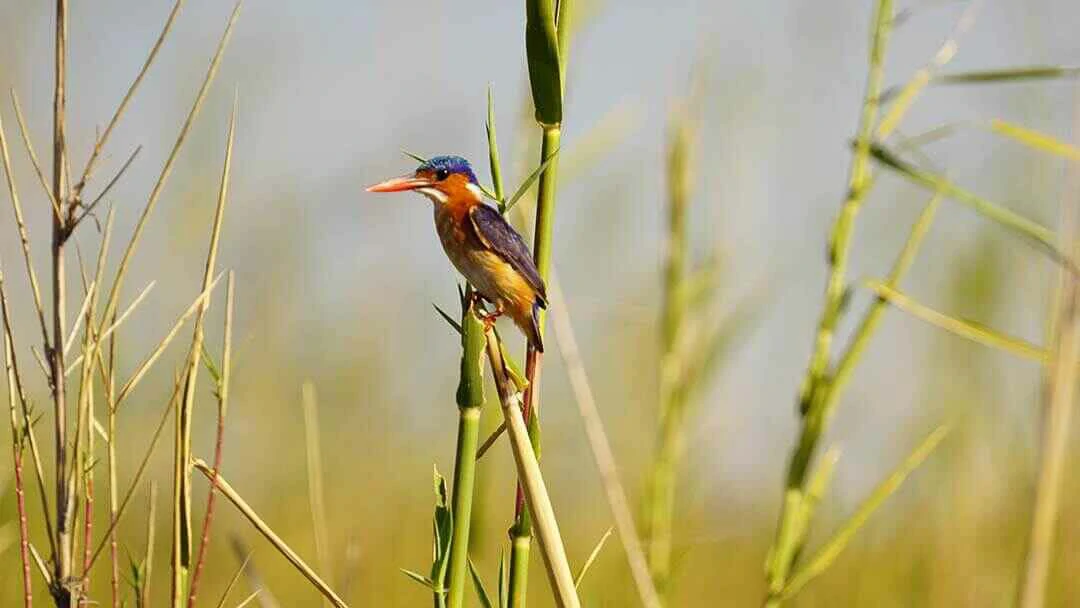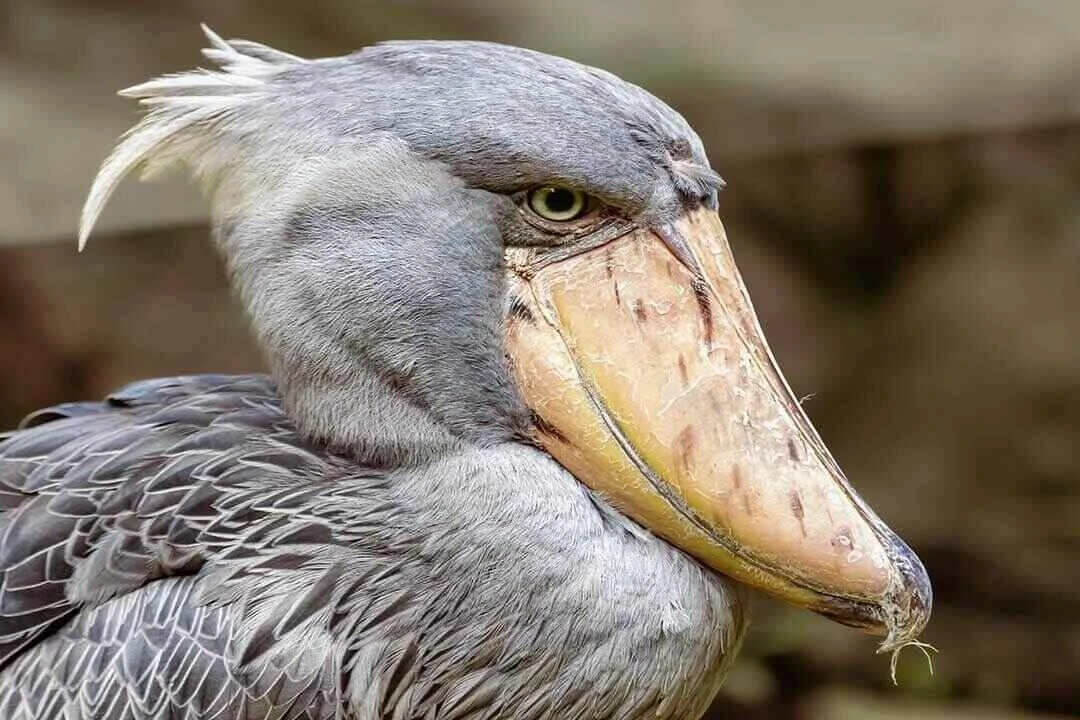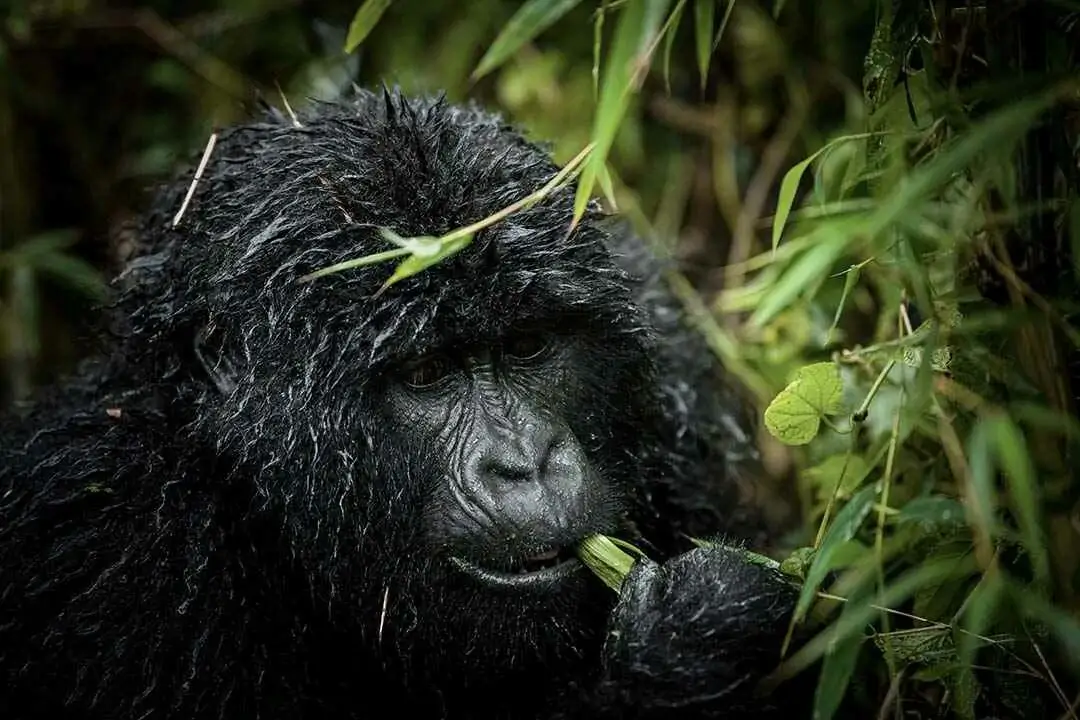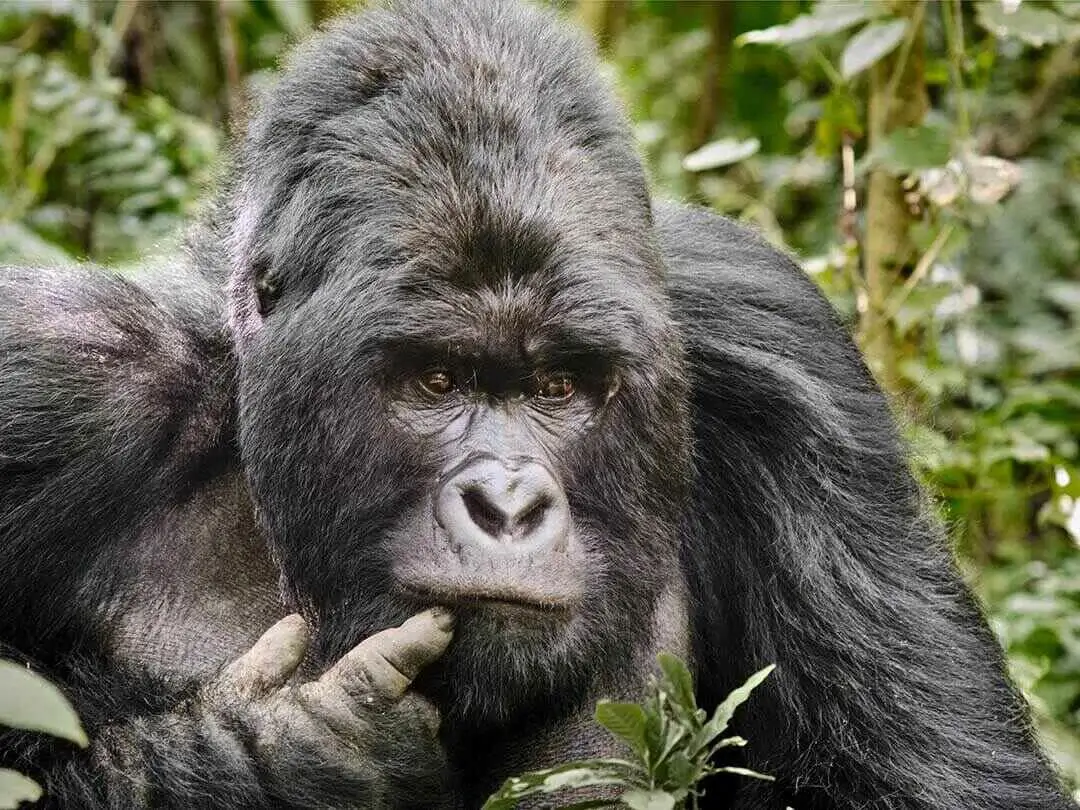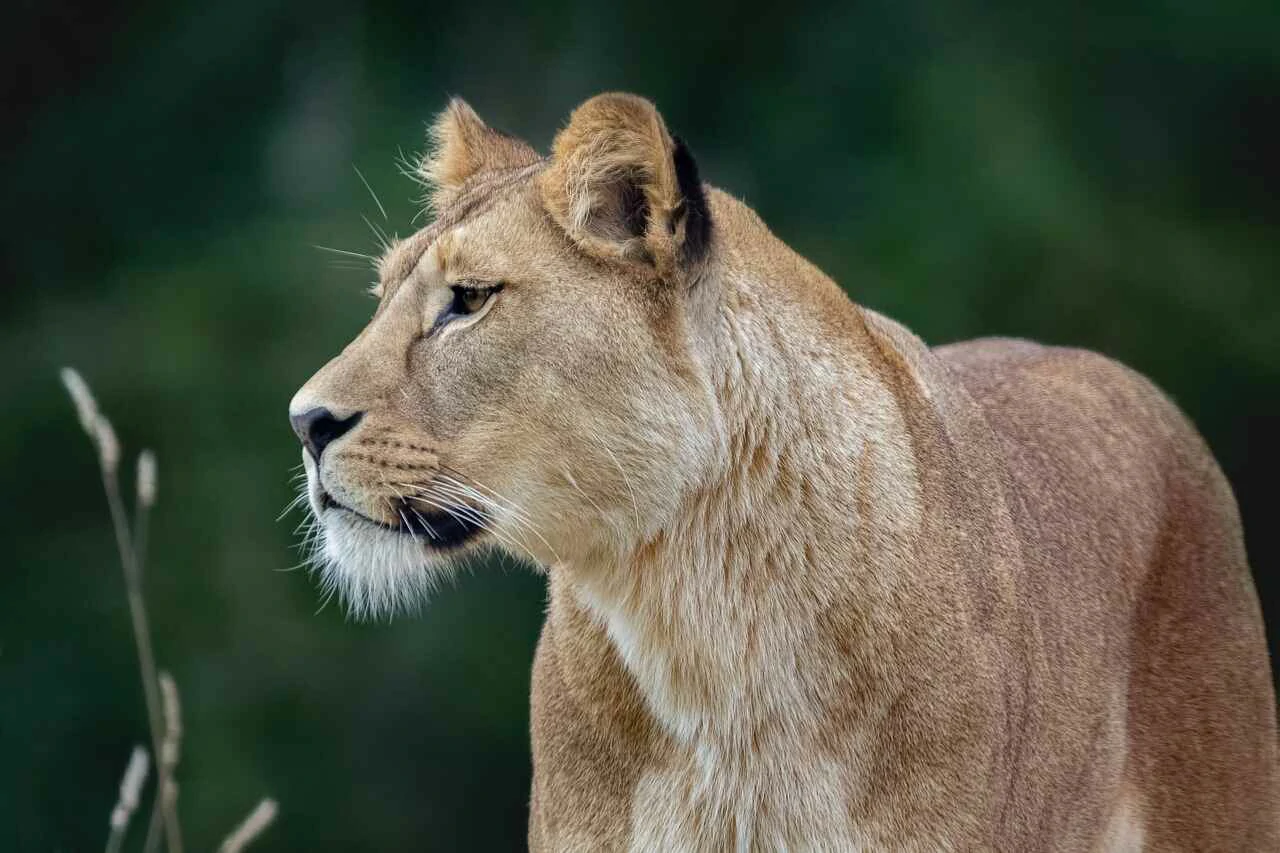Nestled in the heart of Uganda lies a mystical realm where nature's wonders flourish amidst the lush greenery of the African landscape. Kibale Forest National Park, a sanctuary of biodiversity, is home to one of the most captivating wildlife encounters known to man—the Chimpanzee Habituation Experience.
In this article, we embark on an exhilarating journey into the wild to uncover the secrets of chimpanzee habituation, exploring the wonders of Kibale Forest and the profound connection it fosters between humans and our closest relatives in the animal kingdom.
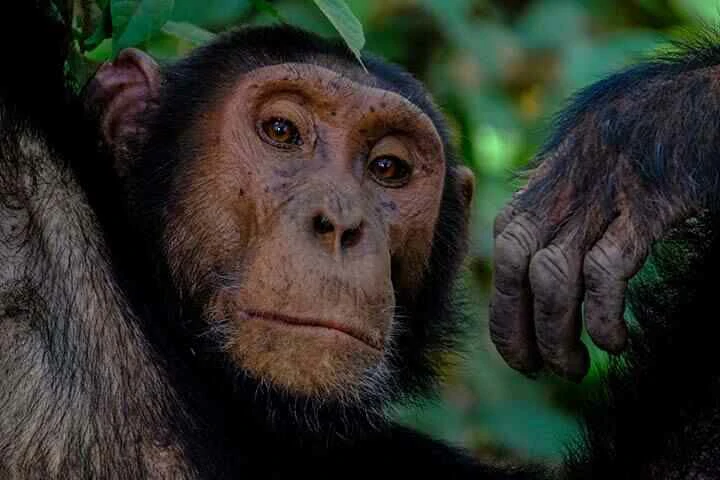
Chimpanzee

Let's design a birding, gorilla trekking, chimpanzee trekking and wildlife viewing safari specifically for you
Understanding Chimpanzee Habituation
Chimpanzee habituation is a process that involves acclimating wild chimpanzees to the presence of humans over an extended period. Unlike traditional chimpanzee tracking experiences, where visitors observe habituated groups from a distance, the habituation process allows for a more immersive encounter, providing a unique opportunity to witness the daily lives and behaviors of these fascinating creatures up close.
The Magic of Kibale Forest
Encompassing over 700 square kilometers of tropical rainforest, Kibale Forest National Park is a biodiversity hotspot renowned for its rich flora and fauna. The park's diverse ecosystem supports a wide array of wildlife, including over 1,500 chimpanzees—the largest population in Uganda.
As visitors venture deep into the heart of Kibale Forest, they are enveloped by a symphony of sounds—the melodic calls of birds, the rustling of leaves, and the distant hoots and hollers of chimpanzees echoing through the trees. It is a sensory feast, awakening the spirit of adventure and igniting a sense of wonder.
The Chimpanzee Habituation Experience
The Chimpanzee Habituation Experience in Kibale Forest offers a rare opportunity to witness the intricate social dynamics and behaviors of wild chimpanzees firsthand. Led by experienced guides and researchers, participants embark on a journey through the forest, immersing themselves in the chimpanzees' natural habitat.
The habituation process typically takes several years, during which researchers gradually habituate chimpanzee groups to human presence through non-invasive observation and interaction. By familiarizing the chimpanzees with the sights, sounds, and smells of humans, researchers aim to minimize the animals' fear and facilitate peaceful coexistence.
Encountering Our Closest Relatives
As participants trek through the forest, they are greeted by the sight of chimpanzees going about their daily routines—feeding, grooming, playing, and interacting with one another. It is a mesmerizing spectacle, offering a glimpse into the complex social structures and behaviors that define chimpanzee society.
Under the watchful eye of experienced guides, participants maintain a respectful distance, allowing the chimpanzees to carry on with their activities undisturbed. However, the chimpanzees are curious creatures, often approaching visitors out of intrigue, their expressive eyes betraying a sense of intelligence and awareness.
The Importance of Conservation
The Chimpanzee Habituation Experience not only provides a unique opportunity for wildlife enthusiasts but also plays a crucial role in conservation efforts. By promoting ecotourism and generating revenue for local communities, initiatives like Chimpanzee Habituation Experience contribute to the preservation of natural habitats and the protection of endangered species.
Moreover, the close interaction between humans and chimpanzees fosters a deeper understanding and appreciation of these remarkable creatures, highlighting the importance of conservation and sustainable coexistence.
Conclusion
The Chimpanzee Habituation Experience in Kibale Forest offers a rare glimpse into the lives of our closest relatives in the animal kingdom, providing an unforgettable adventure for wildlife enthusiasts and conservationists alike.
As we journey into the heart of the forest, we discover not only the beauty and biodiversity of Kibale but also the profound connection that exists between humans and chimpanzees—a connection rooted in shared ancestry and a shared responsibility to protect and preserve our natural world.
